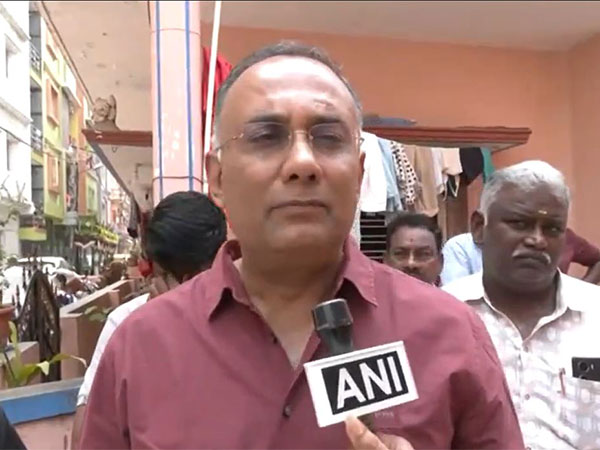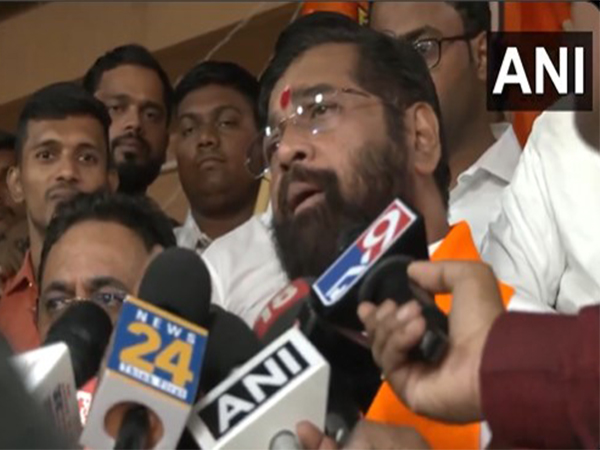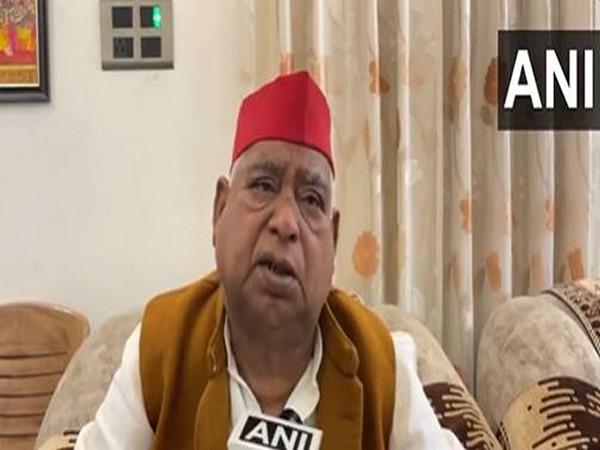Desk |
Updated: Oct 26, 2024 23:01 IST
Bengaluru (Karnataka) [India], October 26 (Desk): Karnataka Minister Dinesh Gundu Rao on Saturday took a jibe at Bharatiya Janta Party MP Tejasvi Surya’s allegations against the Waqf Board for claiming its ownership over ancestral land of farmers.
While speaking to Desk, Karnataka Minister Rao said Tejasvi Surya likes to create fear and he thrives on all this.
“Tejasvi Surya always likes to create fear. He is a fear-monger and he thrives on all this. When certain issues are taken, like forest land, Waqf land, etc., notices are issued based on their records. The government will not snatch up anybody’s land. There is no question of that,” he said.
Karnataka Minister further stated that if the farmers are genuine landholders it will be restored to them.
“We don’t need Tejasvi Surya to become a saviour for anybody. If the farmers are genuine landholders it will be restored to them. If there is any Waqf property, it will go to Waqf. Nobody’s rights are curtailed or withdrawn. I’m sure justice will be done. The interest of farmers is always paramount to us. We are the ones who did the land reforms”, he added.
On Friday, BJP leader Tejasvi Surya said that the Karnataka State Board of Waqfs has claimed its ownership over 1,500 acres of ancestral land of farmers in Honvada village in Vijayapura district in North Karnataka.
BJP leader Tejasvi Surya said, “In recent months, farmers from Vijayapura district have been served notices declaring their lands as waqf property, with no evidence or explanation provided. The extent of these claims is staggering, with nearly 1,500 acres claimed in a single village of Honvada.”
Tejasvi Surya further alleged, “Karnataka Waqf Minister BZ Zameer Ahmed Khan recently visited and directed the deputy commissioner and revenue officials to register lands in favour of the Waqf Board within 15 days, to circumvent the reforms being brought in by PM Narendra Modi-led government through the Waqf (Amendment) Bill, 2024”.
The Waqf (Amendment) Bill, 2024, aims to bring significant reforms, including digitization of records, stricter audits, increased transparency, and legal mechanisms to reclaim illegally occupied waqf properties. (Desk)




